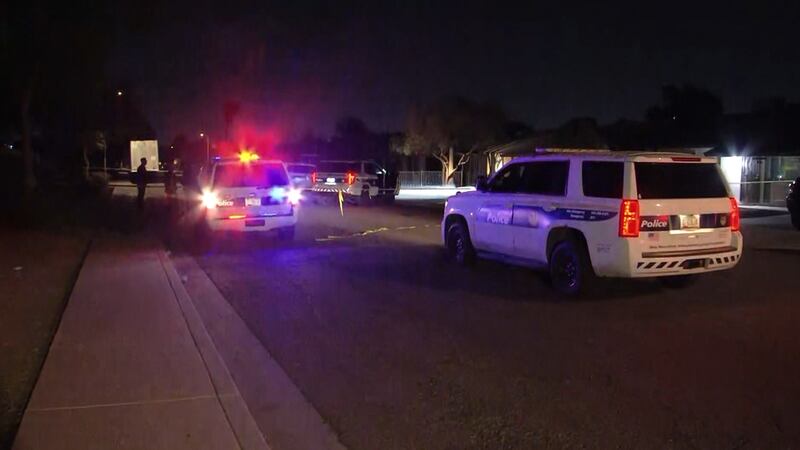State responds to sober living home scandal, providers not being paid
PHOENIX (AZFamily)—A top official with the Arizona Health Care Cost Containment System, also known as AHCCCS, said they continue to implement changes to the American Indian Health Program to ensure fraud like the sober living scandal doesn’t happen again.
The scandal at AHCCCS, the state’s Medicaid system, cost taxpayers more than $2 billion and many Native Americans their lives.
Following that mess, the state promised changes. But as Arizona’s Family Investigates has reported for months, these changes are hurting legitimate providers.
“We have to make sure that providers that are enrolled in the Medicaid program are quality providers,” Carmen Heredia, the executive deputy director of AHCCCS, said.
She was appointed to that position five months before the scandal came to light.
Vans from sober living homes would drive around reservations, luring those with alcohol and drug problems down to the Valley, promising them treatment and a place to stay that never materialized.
“We’re doing more harm, we’re doing more harm to our Navajo people, our native people,” Coleen Chatter, an advocate and case manager, said.
Chatter, a member of the Navajo Nation, worked to raise awareness about what was happening but said she never expected what followed.
Chatter worked for Mending Hearts, a nonprofit that provides counseling services to those in the American Indian Health Program.
The group said AHCCCS hasn’t paid them for months. As a result, Chatter said she was laid off.
“I have seen a lot of BHRFs, legit BHRFs being shut down again due to non-payment,” Chatter explained.
BHRFs are Behavioral Health Residential Facilities. They provide more intensive care than a sober living home.
Patients need to have a diagnosed mental health condition along with substance abuse problems.
Mending Hearts works with some of these BHRFs.
Over the last year, AHCCCS has begun implementing changes to the American Indian Health Program.
They said they’re rooting out bad actors, but legitimate providers said their claims are being flagged, too.
Some haven’t been paid in months and are in danger of closing or have closed.
“You have one claim or PA specialist saying something and you fix that issue and then you call back and follow up on the first issue and the next person that reviews it has another issue,” Chatter said.
“We can’t just automatically pay claims like we use to. That was happening in the past and it’s why the fraud grew and got so big and out of control,” Heredia said.
Arizona’s Family Investigates asked Heredia about the legitimate providers that have been caught up in this and the troubles they’ve faced getting assistance.
“It is something we’re working on,” she responded.
To those providers, Heredia said, “I’m sorry that that’s been your experience.”
She explained that next year’s budget includes 101 new positions that will assist with these claims. They’ve also created an online guide to help answer questions and started providing additional online trainings.
“It is an area where we need to make improvements. I’ll acknowledge it’s a lot of volume to a team that had not been given resources before,” Heredia said.
She insists there remain enough providers in the system to meet the needs.
Chatter remains critical.
“If you want accountability from these providers, where is your accountability?” Chatter asked.
AHCCCS said they have about 80 staff members in place to help providers.
To put that in perspective, there are more than 700 Behavioral Health Residential Facility programs in the system.
AHCCCS explained only about 1% are on prepayment review.
See a spelling or grammatical error in our story? Please click here to report it.
Do you have a photo or video of a breaking news story? Send it to us here with a brief description.
Do you have a story you want us to investigate? Tell us about it by contacting us.
Copyright 2024 KTVK/KPHO. All rights reserved.










